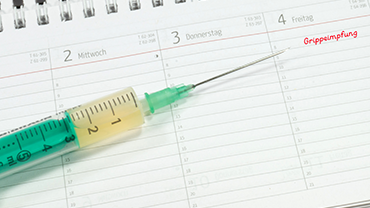Prevention and control measures for congenital rubella syndrome (CRS)
Congenital rubella syndrome (CRS) is prevented by ensuring that everyone in the EU is vaccinated against rubella. In particular, women who are planning to get pregnant should be vaccinated as this protects the mother as well as the foetus. Women should avoid getting pregnant during four weeks following vaccination. Other population groups – and this includes unvaccinated men – also need to be vaccinated against rubella so that they do not unknowingly pass on the disease to others.
What should I do if I don't remember getting vaccinated?
Double-check any vaccination cards or records you may have. Otherwise talk to your doctor, nurse or midwife. They can run a simple blood test to check if you are already protected against rubella. In some countries, this blood test is done when you are planning to become pregnant or during pregnancy.
Is rubella vaccination recommended in my country?
Please refer to the ECDC Vaccine Scheduler and to your country’s recommendations for vaccinations. As of April 2014, all countries in the EU/EEA recommend that all people should be vaccinated against rubella. Vaccines against rubella have been in use in Europe since the 1970s. The measles, mumps and rubella (MMR) vaccine offers safe and effective protection against rubella and is the main vaccine in use in Europe. MMR vaccines used in Europe are contra-indicated during pregnancy. Your doctor, nurse or midwife will be able to advise you on when to get vaccinated.
For more information about prevention, please go to the disease pages for Rubella.
Rubella disease information
Prevention and control measures for rubella
Rubella and measles are targeted for elimination in the WHO European region.






